How Important Is Nutrition for Building Muscle?
Building muscle is often associated with lifting heavy weights and sweating it out in the gym. But what if we told you that your time at the dinner table is just as crucial as your time under the barbell? Nutrition isn’t just a supporting player in muscle growth — it’s the foundation.
Whether you’re a fitness beginner or an experienced lifter, understanding the role of nutrition can make or break your progress. This expert guide breaks down why nutrition matters, what to eat, and how to time your meals to get maximum muscle-building results.
Why Nutrition Is Crucial for Muscle Growth
Muscle growth — or hypertrophy — doesn’t happen while you’re lifting. It happens during recovery when your body repairs the microscopic muscle tears caused by training. This repair process depends on having enough nutrients, especially protein, to rebuild stronger fibers.
Macronutrients: The Fuel Behind Gains
Muscle growth requires a calorie surplus — consuming more energy than you burn. But it’s not just about calories. The type of calories you consume (macronutrient composition) plays a vital role in muscle repair, energy availability, and hormone production.
Energy Balance and Caloric Surplus for Growth
To build muscle, you need to be in a slight calorie surplus. A 250–500 kcal surplus per day is optimal for lean muscle gains without excessive fat gain. But quality matters — clean, nutrient-rich foods provide better results than processed calories.
The Role of Macronutrients in Muscle Building
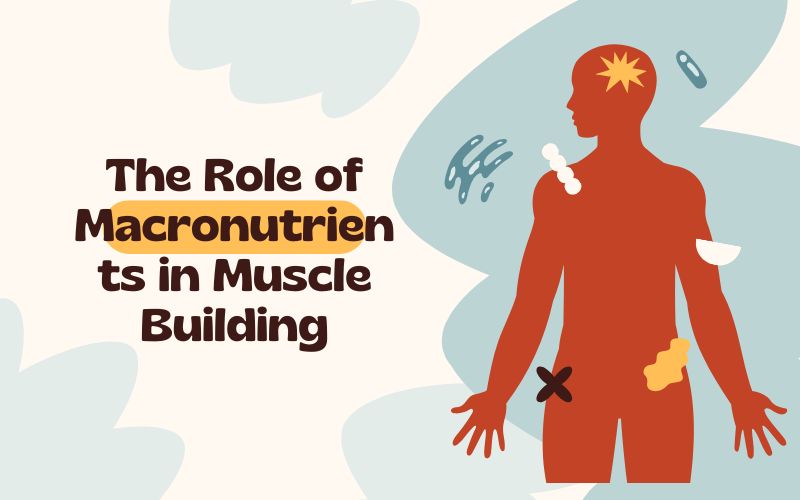
Protein is essential for repairing and growing muscle tissue. Aim for 1.6–2.2 grams of protein per kilogram of body weight per day. Sources include lean meats, eggs, dairy, and plant-based proteins.
Carbohydrates – Fuel for Performance & Recovery
Carbs are your body’s primary energy source, especially during intense training. They replenish glycogen stores and improve recovery. Opt for complex carbs like brown rice, oats, sweet potatoes, and fruits.
Fats – Supporting Hormones and Recovery
Healthy fats support hormone production — including testosterone, which is key for muscle growth. Focus on unsaturated fats from avocados, nuts, seeds, and olive oil.
Water – The Forgotten Muscle Nutrient
Hydration is often overlooked but crucial. Water supports nutrient transport, digestion, and even muscle contraction. Dehydration can hinder performance and slow recovery.
Best Muscle-Building Foods You Should Eat
These provide complete proteins rich in essential amino acids — especially leucine, which triggers muscle protein synthesis.
Plant-Based Protein Sources: Lentils, Chickpeas, Tofu, Quinoa
Perfect for vegetarians and vegans. When combined, plant proteins can provide all essential amino acids.
High-Carb Foods: Brown Rice, Oats, Sweet Potatoes, Fruits
Carbs fuel your workouts and help prevent muscle breakdown by supporting insulin and energy levels.
Healthy Fats: Avocados, Nuts, Olive Oil
These support joint health, hormone balance, and long-lasting satiety.
Dairy & Fermented Foods: Cottage Cheese, Kefir
Slow-digesting proteins like casein are ideal before bedtime to prevent muscle breakdown overnight.
Supplements That Support Muscle Growth (Whey, Creatine, etc.)
While not mandatory, high-quality supplements like whey protein, creatine monohydrate, and BCAAs can help fill nutritional gaps and accelerate gains.
Nutrient Timing: Does It Matter?
When you eat can be just as important as what you eat for optimal muscle growth and recovery.
Pre-Workout Meals: Energy and Performance
Eat a balanced meal 1–2 hours before training. Include carbs for energy and protein for muscle protection.
Example: Oats with banana and whey protein.
Post-Workout Nutrition: Recovery & Muscle Synthesis
Within 30–60 minutes post-workout, consume fast-digesting protein and carbs to jumpstart recovery.
Example: Whey shake with a banana or rice with lean chicken.
Protein Distribution Throughout the Day
Spread protein intake evenly across 3–5 meals daily. This keeps amino acid levels high and promotes continuous muscle protein synthesis.
Common Nutrition Mistakes That Can Stall Muscle Gains
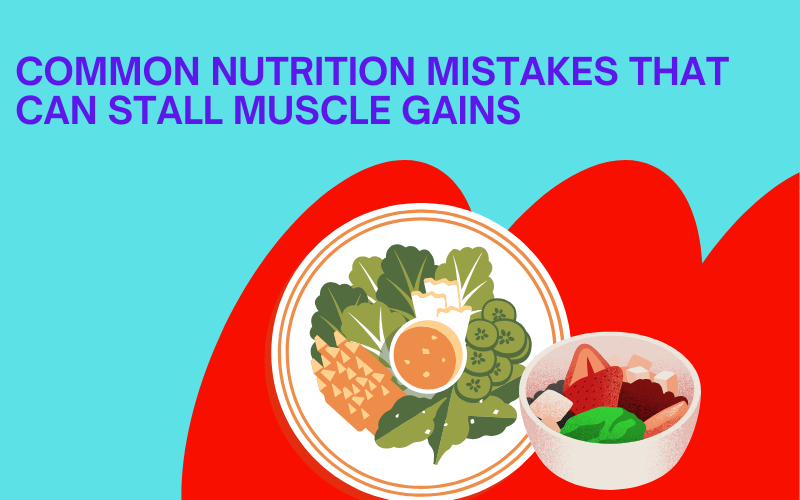
Even small dietary missteps can delay or completely derail your muscle-building efforts.
Eating Too Little or Too Much
Undereating prevents growth; overeating can lead to fat gain. Track your calories and adjust based on progress.
Relying Only on Supplements
Supplements can’t replace whole foods. Use them to support—not replace—your diet.
Skipping Meals or Protein Windows
Inconsistent eating disrupts recovery. Prioritize regular meals and nutrient timing around workouts.
Sample Muscle-Building Meal Plan (Beginner-Friendly)
Daily Breakdown (Approx. 2,500 kcal)
Breakfast:
- 3 whole eggs + 2 egg whites
- 1 slice whole-grain toast
- 1 banana
- 1 cup low-fat milk
Snack:
- Greek yogurt
- Handful of almonds
Lunch:
- Grilled chicken breast
- Brown rice
- Steamed vegetables
Snack (Pre-Workout):
- Oatmeal with berries
- Scoop of whey protein
Dinner (Post-Workout):
- Baked salmon
- Sweet potato
- Mixed greens with olive oil
Before Bed:
- Cottage cheese
- 1 tablespoon peanut butter
Macronutrient Goals Based on Body Type
- Ectomorphs (lean): Higher carbs and calories
- Mesomorphs (muscular): Balanced macros
- Endomorphs (stockier): Focus on lean protein and healthy fats
Expert Tips to Optimize Your Nutrition for Muscle Growth
Following are the expert tips to optimize your nutrition for muscle growth
Track Macros and Progress
Use apps to track calories and protein intake. Regularly adjust your diet based on results.
Stay Consistent with Meal Timing
Consistency builds habit. Try to eat meals around the same time daily, especially around training.
Combine Smart Eating with Strength Training
Nutrition alone won’t build muscle. Pair it with progressive overload (increasing workout intensity) for optimal results.
Final Thoughts: Nutrition Isn’t Optional It’s Essential
You can lift all you want, but without proper nutrition, your body won’t have the raw materials it needs to grow. Understanding how important nutrition is for building muscle shifts your mindset from gym-only to a 360-degree lifestyle approach.
Muscle building is part training, part nutrition, part recovery — and 100% commitment. Prioritize what goes on your plate, and you’ll see results not just in your physique, but in your strength, energy, and confidence.
FAQs
Q: What foods help build muscle fast?
A: Lean meats, eggs, Greek yogurt, oats, quinoa, and whey protein are some of the best foods for quick muscle gains when combined with training.
Q: Is nutrition more important than exercise for muscle gain?
A: Both are essential, but without proper nutrition, your workouts won’t result in muscle growth. Nutrition fuels performance and recovery.
Q: How much protein do I need daily to build muscle?
A: Aim for 1.6–2.2g per kg of body weight, depending on training intensity and body composition goals.
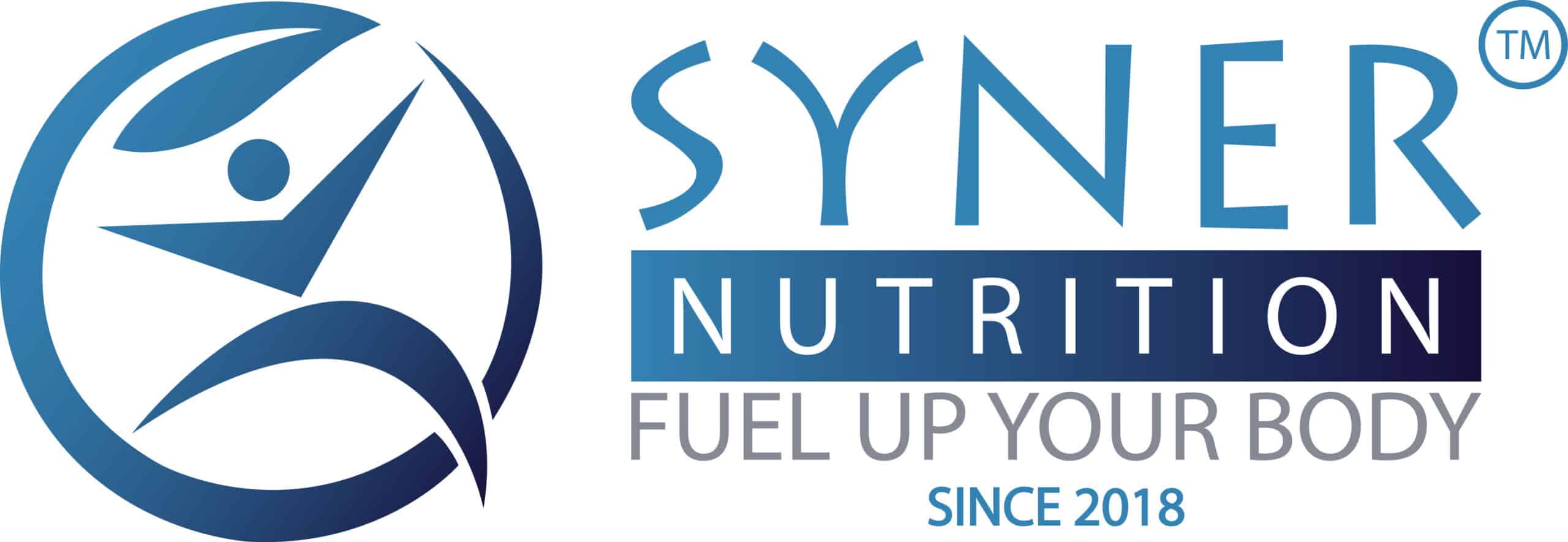
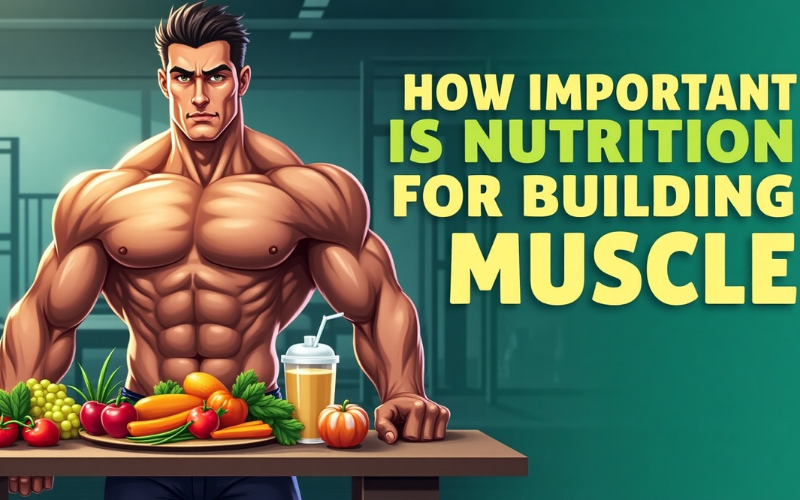
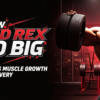
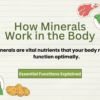
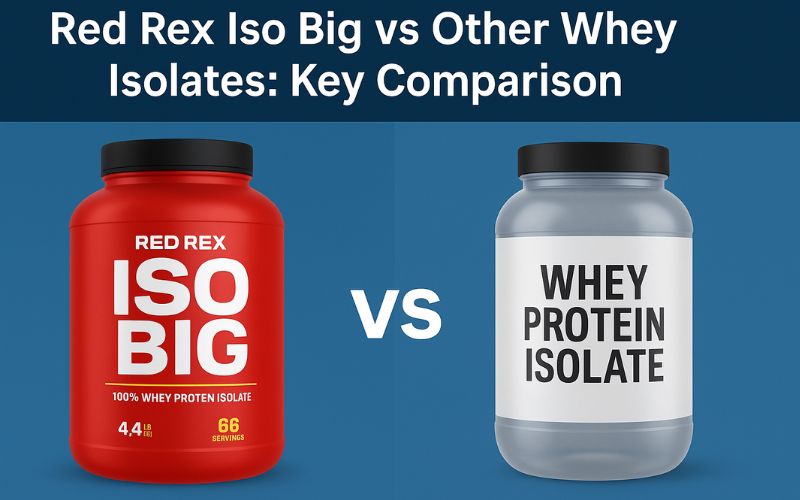
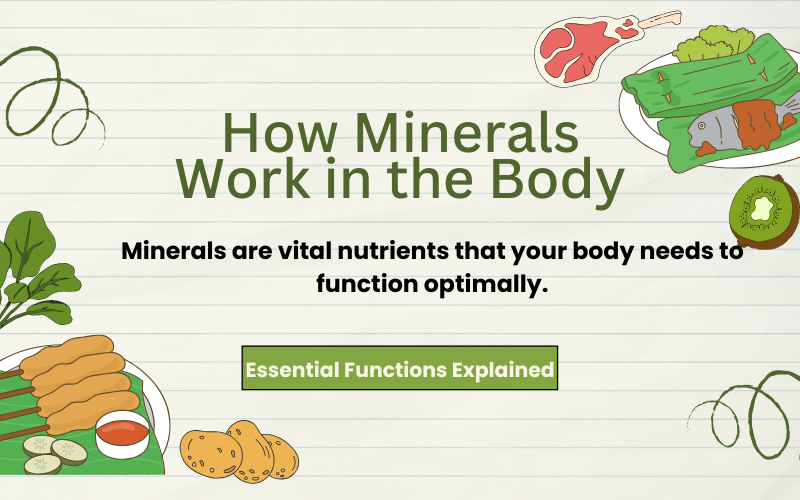
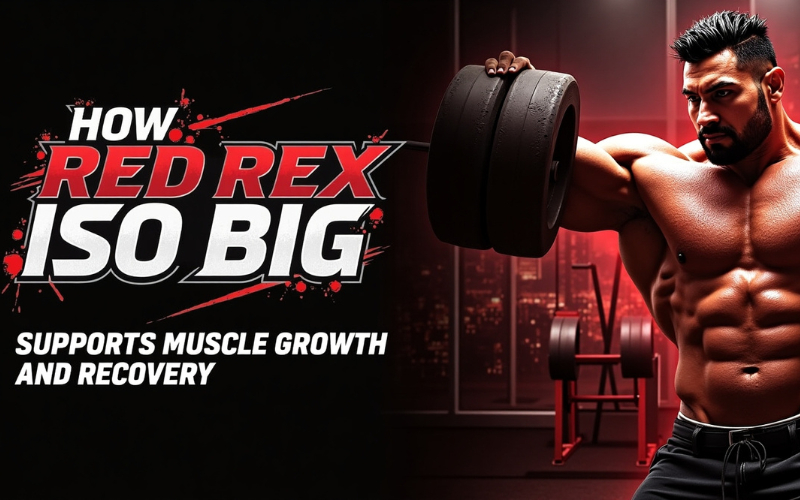
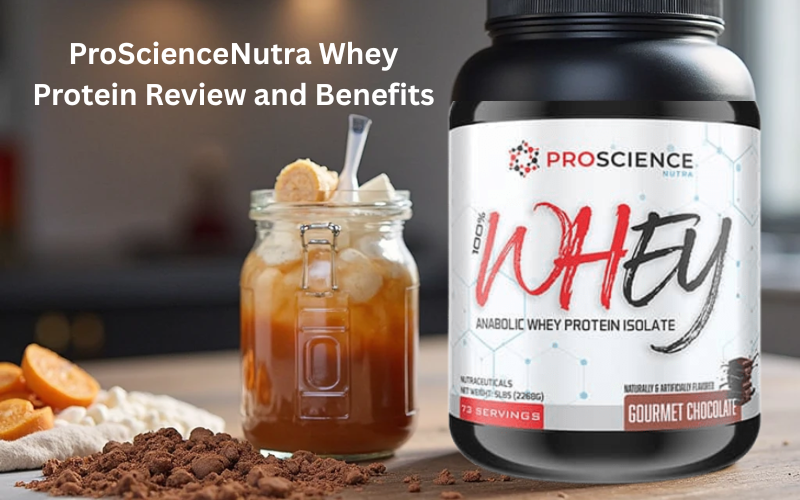
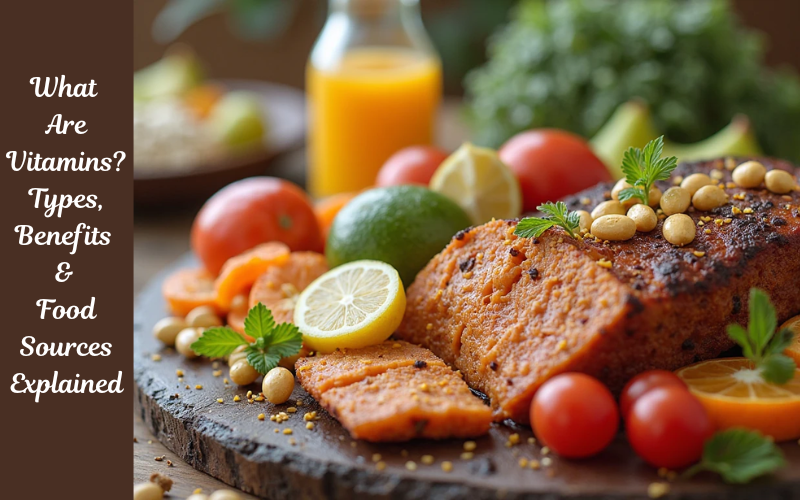
Add comment